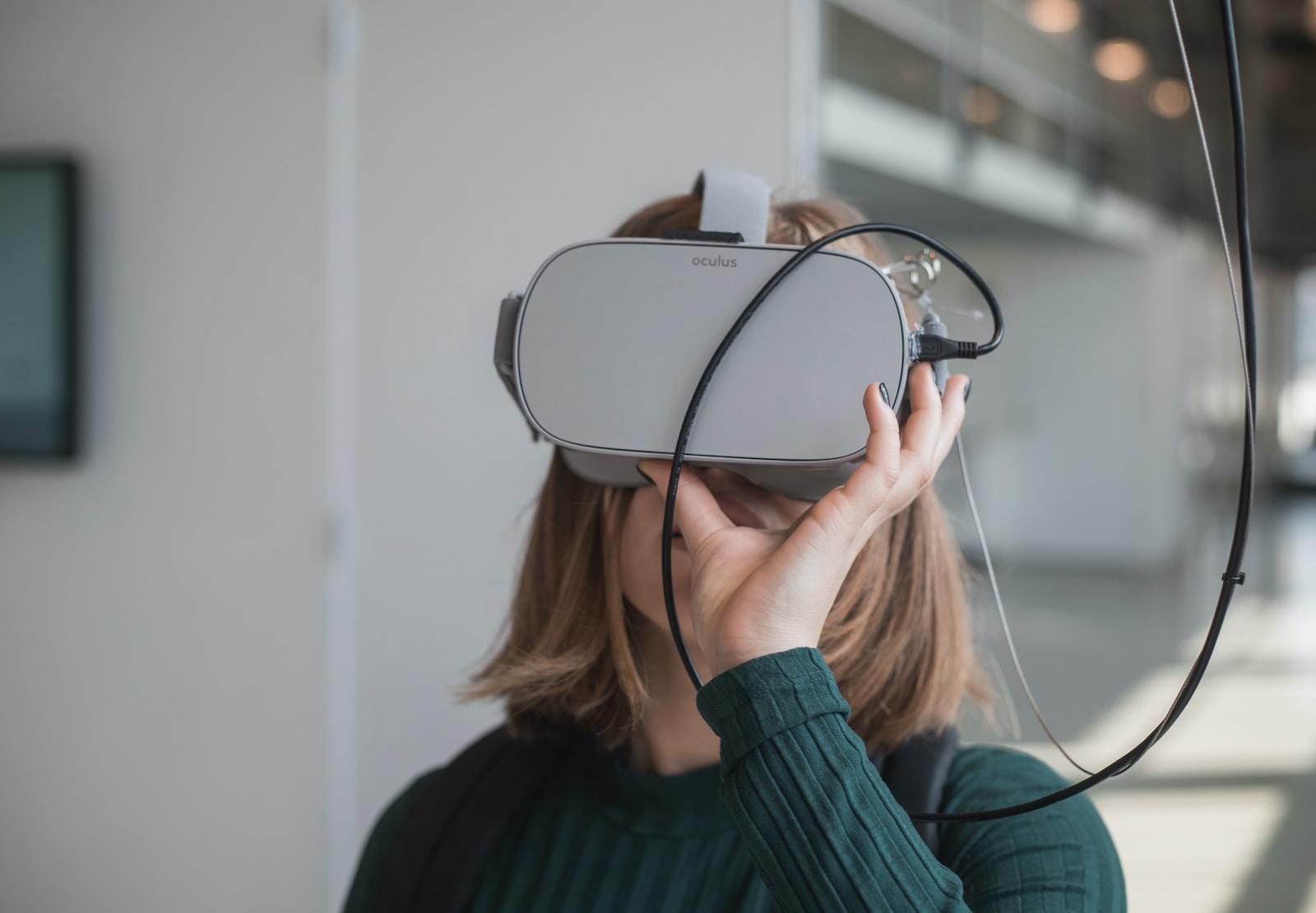Worcestershire hospitals have introduced virtual reality (VR) headsets as an innovative measure to alleviate stress and anxiety among patients. After a successful trial at Kidderminster Hospital, the use of calming visuals and sounds has been implemented to create a soothing environment and minimize discomfort during medical procedures. The effectiveness of VR technology has been demonstrated, including a case where sedation was replaced by VR headsets for a child undergoing blood sampling, resulting in a comfortable procedure without the need for unnecessary medication.
During the trial, a notable example involved a child who required blood sampling. Traditionally, sedation was employed to help the child relax during the procedure. However, the integration of VR headsets eliminated the necessity for sedation altogether. The soothing visuals and sounds induced a calming effect, enabling the child to undergo the procedure comfortably and without the use of unnecessary drugs.
The advantages of incorporating VR technology into healthcare settings extend beyond reducing stress and anxiety levels. VR headsets can also serve as educational tools, enabling patients to engage with interactive educational content related to their conditions or treatments. This empowers patients to acquire a better understanding of their medical journey and actively participate in their own healthcare.

The implementation of VR headsets in Worcestershire hospitals reflects the healthcare industry’s ongoing dedication to leveraging innovative technologies for improved patient care. The positive outcomes observed during the trial at Kidderminster Hospital serve as evidence of the transformative potential of VR technology in revolutionizing the patient experience, particularly in stressful medical settings.
For more market insights, check out our latest Digital Twin news here.













